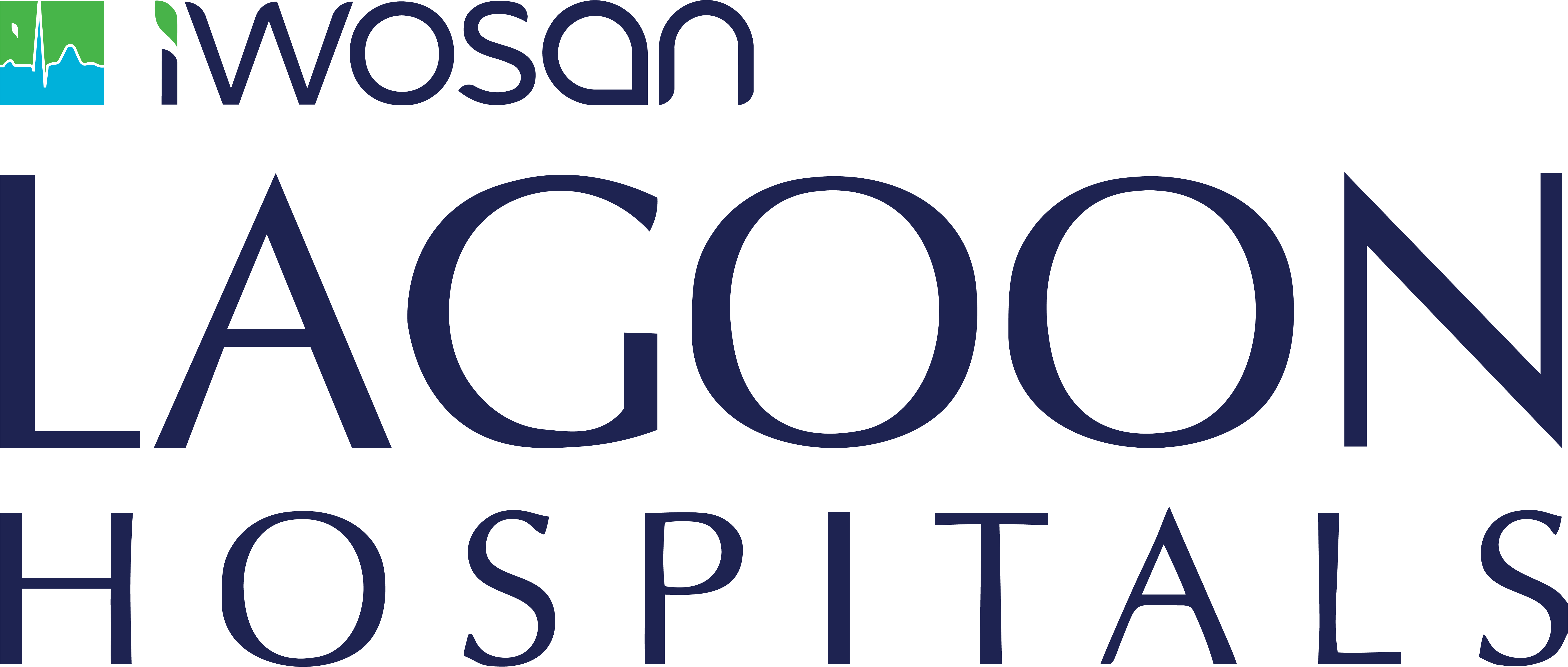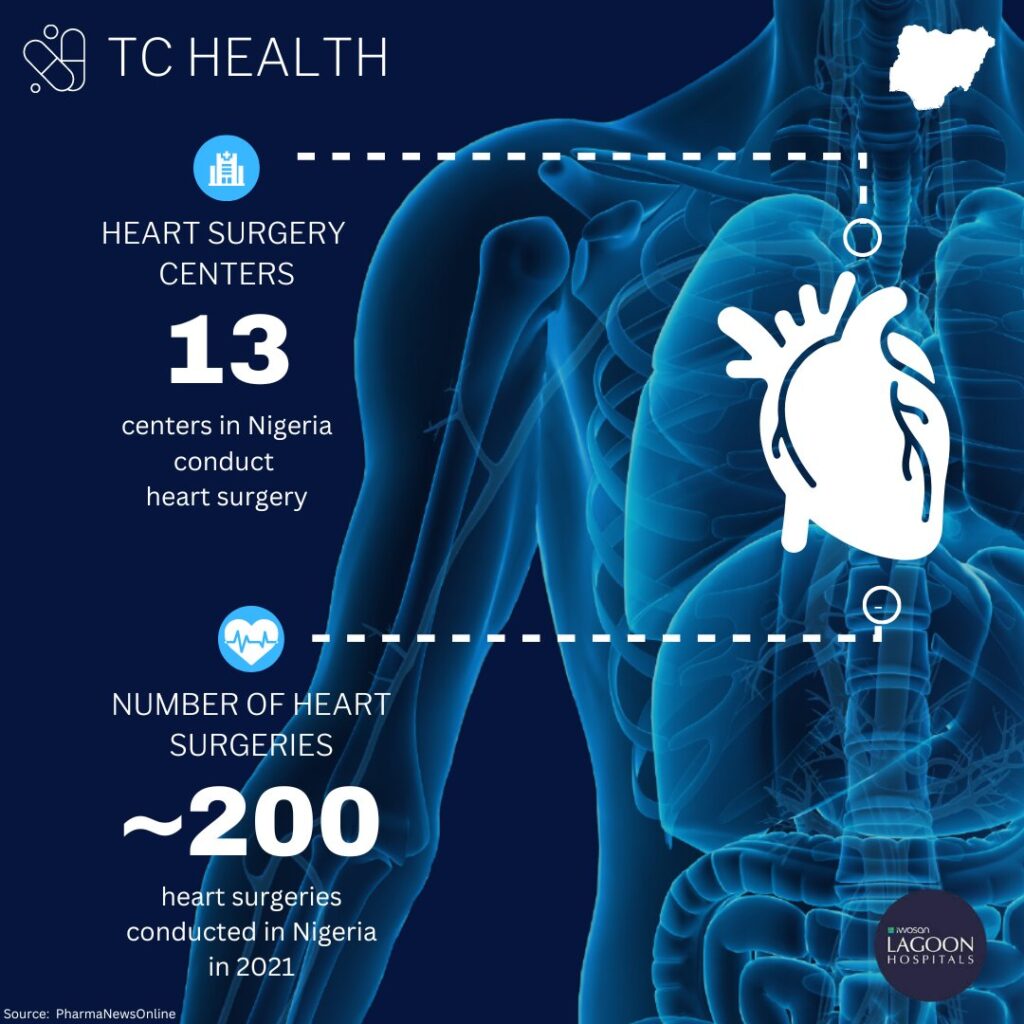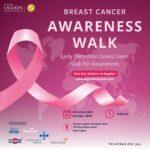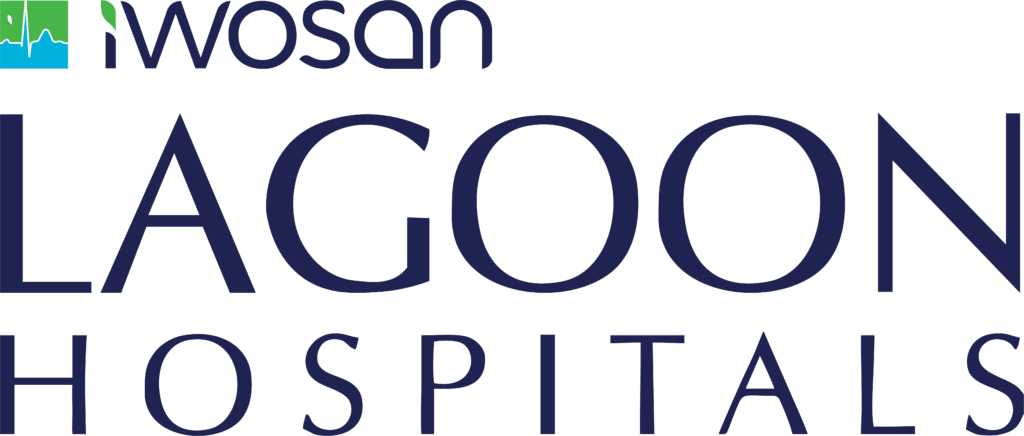Cardiovascular diseases (CVD) are on the rise in Nigeria, with heart failure, cardiomyopathies, rheumatic heart disease, and coronary artery disease being the most prevalent. According to the President of the Nigerian Cardiac Society, about a third of Nigerian adults are living with high blood pressure, and this can go up to 40% in some parts of the country. Hypertension is the main risk factor for CVD, and unfortunately, one-third of hypertensive people in the country are not receiving any treatment, and another third do not have their blood pressure under control.
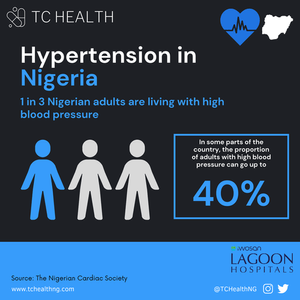
The situation is no different on the rest of the continent. Cardiovascular diseases in sub-Saharan Africa are a ticking time bomb that urgently needs attention. With the world’s highest prevalence of rheumatic heart disease (RHD), affecting 15-20 out of 1000 people, children and adolescents are the most vulnerable. Unfortunately, the situation is no better for adults, as cardiomyopathies such as endomyocardial fibrosis and peripartum cardiomyopathy remain a challenge. The upsurge of new diseases such as hypertension, stroke, and ischemic heart disease is equally concerning. All these factors make the circumstance in sub-Saharan Africa quite unique, with a mix of congenital heart defects, poverty-related conditions, infections, and HIV-related diseases.
With population demographics and lifestyle patterns in Nigeria changing rapidly, it is no surprise that cardiovascular diseases are becoming increasingly prevalent. Risk factors such as high blood pressure, abnormal cholesterol levels, and diabetes are increasing in prevalence. In addition, tobacco and alcohol use remain significant issues, particularly among men. Studies have also found that physical inactivity is a problem among adolescents and adults, with many failing to meet recommended guidelines for exercise. Overweight and obesity rates are also high, particularly among adults, and diabetes is a growing concern.
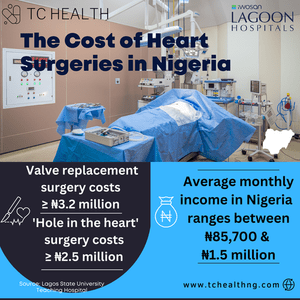
As risk factors for cardiovascular disease continue to rise in Nigeria, so does the burden on the healthcare system. With the country facing a shortage of specialists and resources to alleviate the burden, addressing these issues is vital to avoid further strain on the healthcare system and the economy as a whole.
Reducing the incidence of CVD starts with lowering blood pressure through medication, cholesterol control, and simple lifestyle changes. If necessary, surgery such as bypass, balloon angioplasty, valve repair, and heart transplantation can be used. However, the cost of cardiology care is high and often unaffordable – the average cost of a valve replacement operation at the Lagos State University Teaching Hospital (LASUTH) is N3.2 million (US$7,600), and a regular “hole in heart surgery” ranges between N2.5 and N2.7 million (US$5,900-6,400). When compared to the economic situation in the country and the striking poverty rates, these costs appear staggering. The average monthly income in Nigeria ranges between N85,700 (US$210) and N1.5 million (US$3,700), and 63% of the population lives below the poverty line; as a result, the majority of the population inevitably struggles to access these life-saving cardiac procedures, making them an unaffordable luxury for many Nigerians.
And it’s not just the cost of these procedures that hinders access, the scarcity of facilities that conduct these procedures also poses a big challenge.
Heart surgeries in Nigeria are limited to just 13 centers, including Lagoon Hospitals, LASUTH, University College Hospital Ibadan, and others. In 2021, these centers carried out 200 surgeries, a relatively low number compared to the country’s disease burden. Dr. Bode Falase, a Consultant Cardiothoracic Surgeon and Head of the Cardiothoracic Division at LASUTH, noted that while the country has the expertise and facilities to conduct more surgeries, the high cost of the procedures prevents many patients from accessing them. The World Health Organization recommends that Nigeria perform 40,000 surgeries yearly, highlighting the need to improve access to these life-saving procedures.
In Lagos State, for example, there are only four specialized cardiology centers: First Cardiology Consultants, Uracare Multi-Specialist Hospital, Evercare Hospital, and Reddington Hospital. All of these institutions are privately owned and operated, primarily catering to affluent individuals or employees of companies with robust insurance coverage. Dr. Okechukwu Ogah, the President of the Nigerian Cardiac Society, explains that poverty is linked to the prevalence of heart disease, as it prevents people from paying for their treatment and receiving adequate care.
Nigeria’s battle against the rising tide of cardiovascular disease is being undermined by a crucial weakness: the country’s dearth of proficient cardiac surgeons and specialists. The result is a growing number of patients without access to specialized care
There is only one cardiologist for every 10,000 people in Nigeria, and there are only 75 registered cardiac surgeons in the country – a number further depleted as 12 of them have left the country in search of better opportunities. Brain drain, lack of training opportunities, and inadequate infrastructure contribute to this shortage. Brain drain is a phenomenon that affects many developing countries, including Nigeria. Many trained professionals, including doctors and specialists, leave the country searching for better opportunities abroad, leaving the country deprived of trained professionals. This brain drain is compounded by the lack of adequate training opportunities for medical professionals in Nigeria.
